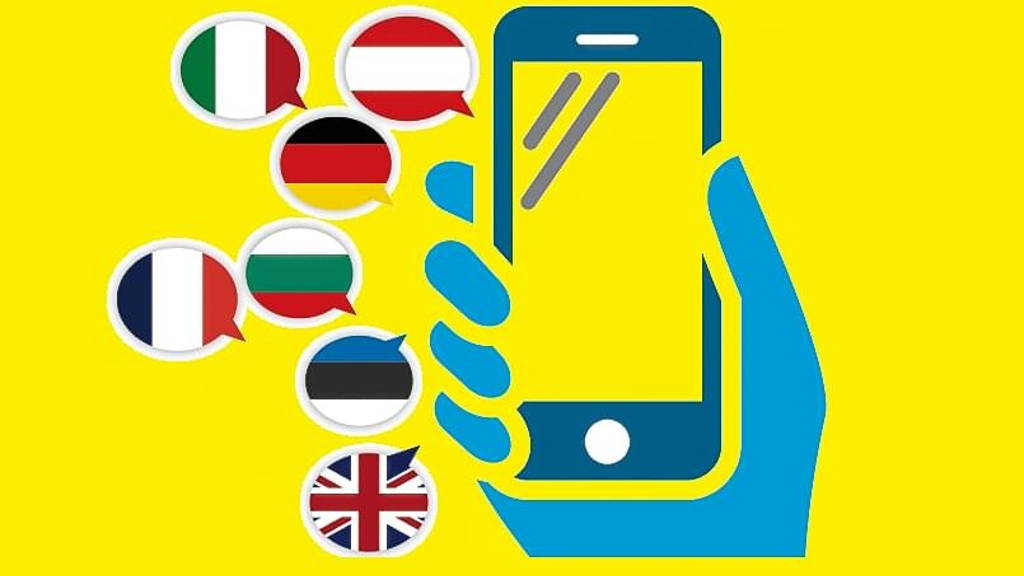Digital innovation in healthcare is one of the ‘hot’ topics in European Union (EU) health policy. The current drive for digital innovation in healthcare is also reflected in consumers’ growing appetite for eHealth services. However, barriers to digital healthcare solutions remain high. Understanding these barriers and the mechanisms through which they can be addressed is essential in order to make an incisive impact. In a noisy policy environment, simply calling for more investment and more digital innovation will not be enough.
Report by Incisive Health showcases the findings from exclusive polling undertaken in seven EU countries: Austria, Bulgaria, Estonia, France, Germany, Italy, and the UK.
Lack Of Trust Slows Down The Uptake Of Health Apps In Europe
Tuesday, November 20, 2018

News





